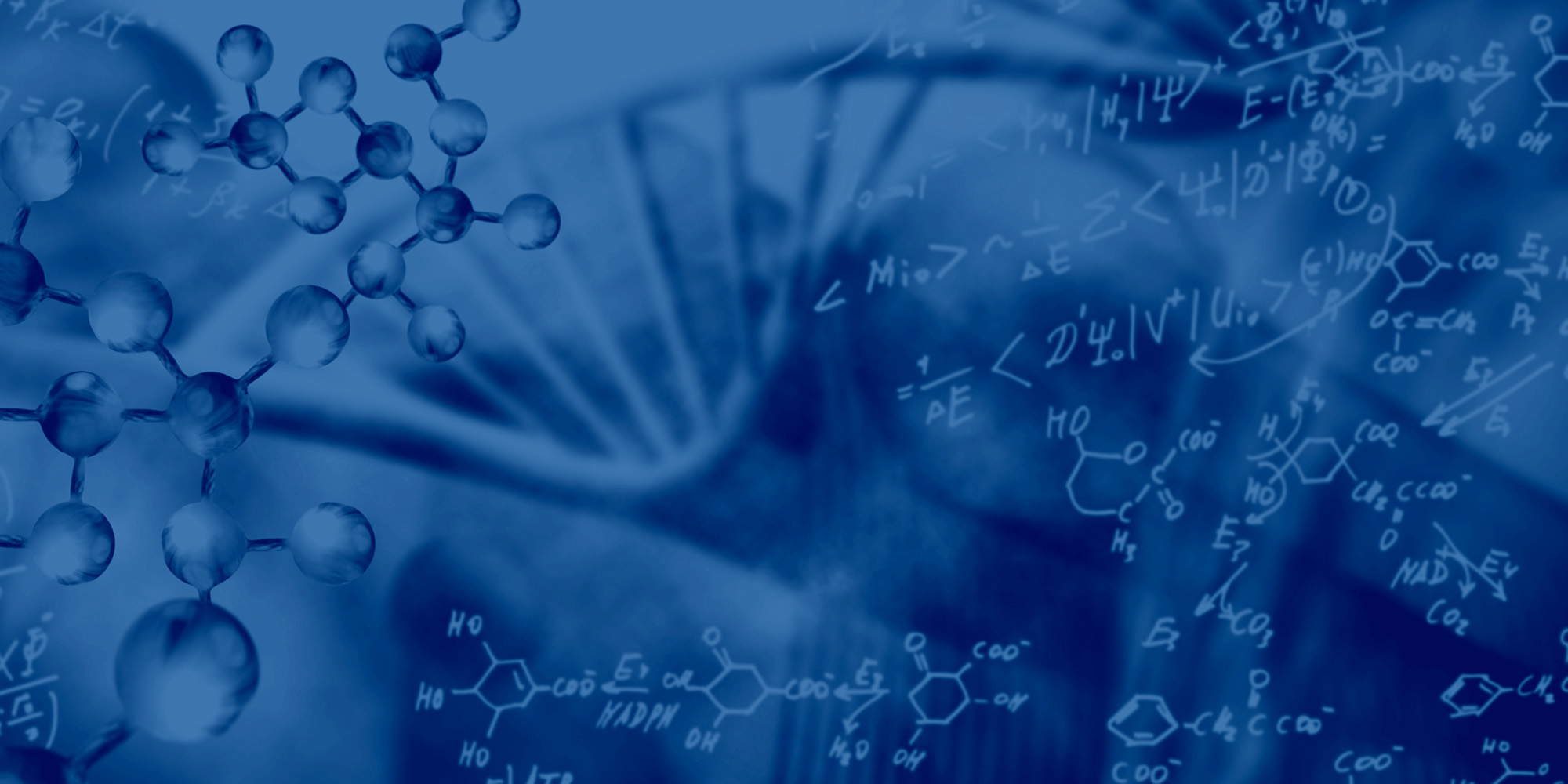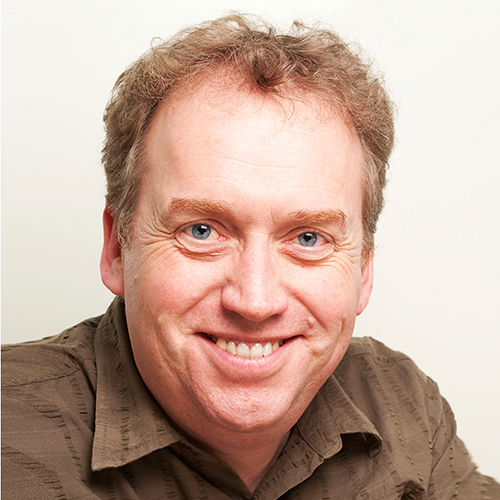About us: our vision
The Centre for Functional and Organised Molecules (CFOM) is a distinctive, self-sustaining, and outwards-facing distinctive environment for research in the chemical and biological sciences. Our members explore the potential for molecules to benefit biological and pharmaceutical systems. These include chemical compounds that already exist in nature, and those which have been created or manipulated by humans.
We aim to:
- Develop a world-class reputation, drawing on industrial and external research funding, attracting a self-sustaining body of postgraduate students.
- Foster networking and collaboration with other Centres within and external to Greenwich for capability enhancement, reputation and bid development.
- Seek new and enhanced collaborations with existing industrial partners based on innovative, mutually beneficial scientific expertise to resolve societal challenges and develop new strands of revenue.
- Promote a culture that recognises both individual, competitive excellence and collaborative endeavours, with peer support and mentoring of early- and mid-career researchers to ensure a pipeline of bidding and successes.
- Publish our research findings in high impact international journals, publicising our research endeavours and promoting our expertise to a wide audience.
- Produce high-quality case studies for the next REF, in both the biosciences and the chemical sciences.
Our impact on the world
Our work focuses on transformative, science-based challenges in the biosciences and chemical realms. Everything we do at the Centre for Functional and Organised Molecules is about ensuring that chemicals, an every day part of life, benefit rather than harm society, the economy and the environment. For instance, our members investigate how to reduce waste and the use of solvents and oxidising agents in chemical manufacturing. This work not only reduces financial costs, but also protects human life and ecological processes. CFOM seeks to contribute to many of the UN Sustainable Development Goals (SDGs). Examples include:
- Our work on environmental biotechnology, nutrition and diet, which supports Zero Hunger (SDG2) and Life Below Water (SDG14).
- Our research on disease models and biomarkers for novel bioscience and health studies, which supports Good Health and Well-being (SDG3), as does our work innovative medical devices.
- Our investigation of innovative analytical techniques for challenge resolution, which supports Affordable and Clean Energy (SDG7).
- Our studies on computational chemistry for predictive modelling and pre-experimental optimisation, which support Industry, Innovation and Infrastructure (SDG9).
- Our work on advanced biomaterials and nano-technologies, developing next generation frameworks from the molecule up for sustainable industrialisation, which supports Responsible Consumption and Production (SDG12).
- Our ‘green’ synthesis of molecules using innovative, disruptive technologies such as electrochemistry and photocatalysis, with a focus on scale up to reduce the chemical industry carbon footprint, which supports Climate Action (SDG13).
Who we are
An interdisciplinary approach
Expertise at the Centre for Functional and Organised Molecules extends from the pure and applied chemical sciences across to the biosciences and biomedical sciences, via the pharmaceutical sciences. Regardless of background, our members are committed to carrying out cutting-edge rigorous science, while the interdisciplinarity of our research collaborations maximise the likelihood that societal benefits arise.
Partners
The breadth of research interests sees us collaborating with a wide range of external academic, public and private partners in the UK and overseas. Engagement with pharmaceutical companies (e.g., AstraZeneca, Pfizer, Vitarka Therapeutics, Glaxo-Smithkline, Merck) is a particular strength of CFOM, with activities focussing on novel drug delivery pathways and 3D printing applications, as well as on novel synthetic methodologies. Interactions with companies also occur via patent development and licensing arrangements. We also have collaborations with the NHS, such as a joint initiative with the Medway NHS Trust to develop protocols and methods for detection of molecular biomarkers in biofluids with validation of their diagnostic use. Other partners include Infineum, Unilever, Santas, Chevron, Shell, Akzonobel, GALVmed, Curadev and Mylan.
Funding
The work of the Centre for Functional and Organised Molecules is supported by, among others, Research Councils UK, the Royal Society, the Leverhulme Trust and Horizon EU, as well as by our industrial partners, such as Pfizer.
Our research
‘Prosperity, power and history-making’
The work of the Centre for Functional and Organised Molecules is closely aligned with the UK Government’s Science and Technology Framework, published in 2023, which sees science and technology as major driver of ‘prosperity, power and history-making events this century’. We agree that strengthening science, technology and innovation is crucial to the prosperity, security, health and wellbeing of citizens in the UK and indeed around the world.
Our research, supported by a suite of cutting edge laboratory technologies and equipment, falls broadly into the following six themes:
- Disruptive chemistry for a cleaner future
- Advanced biomaterials and nanotechnology
- Innovative analytical techniques for challenge resolution
- Therapeutic technologies
- Disease models and biomarkers
- Environment, health and biotechnology
Disruptive chemistry for a cleaner future
This theme focuses on developing novel and greener chemical technologies that reduce our environmental and societal impact. Combining medicinal chemistry, organic synthesis and electrochemistry, we have developed a new research field: Medicinal Electrochemistry. We use this to prepare new libraries of redox active compounds and as a way to investigate their bioelectrochemical properties. This has led the development and patenting of a new class of organometallic anticancer compounds called Cymanquine. We have also combined photocatalysis and transition metal catalysis to other useful transformations of alkenes with water as the source of hydrogen atoms, in project funded by the UK Engineering and Physical Sciences Research Council (EPSRC).
Advanced biomaterials and nanotechnology
Advanced biomaterials and nanotechnology is about chemical innovations which target health and environmental benefit. For instance, we have led innovations in the waste management and the construction sectors through commercialisation of carbon-negative building aggregates, and have developed solid dosage forms via continuous HME processing and Process Analytical Tools (PAT).
Innovative analytical techniques for challenge resolution
Here, we focus on advanced analytical techniques that underpin many innovations. For instance, in a project part-funded by Diamond Light Source we are unravelling the link between charge and conformation of neuromodulators. This involves the analysis of key neuropeptides by circular dichroism spectroscopy, allowing the determination of the solution-phase structure of the neuropeptides and the influence of solution conditions on that structure. This was critical for the development of a robust analysis of these neuropeptides in biological samples.
Therapeutic technologies
Therapeutic technologies focuses on the challenge of optimising novel delivery methods in the pharmaceutical sciences for the benefit of patients. This includes work funded by Boehringer Ingelheim Animal HealthPettit looking into the formulation of long acting injectable drugs. We are also exploring how biomaterials and nanotechnology can be used to encapsulate drugs into new materials with applications such as slow-release patches, films and stents, as well as a novel drug delivery system for oral antimalarial delivery to paediatric patients in Africa supported by the Department for International Development and Commonwealth Scholarship Commission.
Disease models and biomarkers
These theme is about targeting in vitro studies and biomarkers relating to neurobiology, cancer research and mental disorders. For example, we have a joint initiative with the Medway NHS Trust on detection of molecular biomarkers with validation of their diagnostic use. We are also researching biomarkers for personalized medicine in perinatal depression and kidney cancer.
In addition, we are elucidating molecular and cellular mechanisms of normal brain functions, neurodegenerative and neuropsychiatric diseases, and translational biology, using advanced imaging and neurophysiology methods in cell cultures and preclinical models.
Environment, health and biotechnology
Here, we explore how chemicals and biochemicals can be created or modified to provide new solutions for protecting the natural environment or enhancing human health. An example of work in this area is the development of pheromone traps for preventing the spread across Europe of pine wood nematode, an invasive disease of pine forests. Another project looks at intracellular detection and monitoring of Leishmania infection, towards the development of enhance treatment and cure.
Publications/Output
View all publications.
Teaching and training
Members of the Centre for Functional and Organised Molecules lead research-informed teaching of undergraduate chemistry and biological sciences courses, as well as Masters programmes in Pharmacological Science, Biotechnology and Formulation Science. We are also planning a new training course in regulatory affairs aimed at professionals within the pharmaceutical industry, and are aspiring to build a sufficient critical mass to become a doctoral training centre.
News and events
CFOM members contribute to an external speakers programme hosted by the Faculty of Engineering and Science, and run internal seminars and ‘research days’ to bring people together to share ideas.























